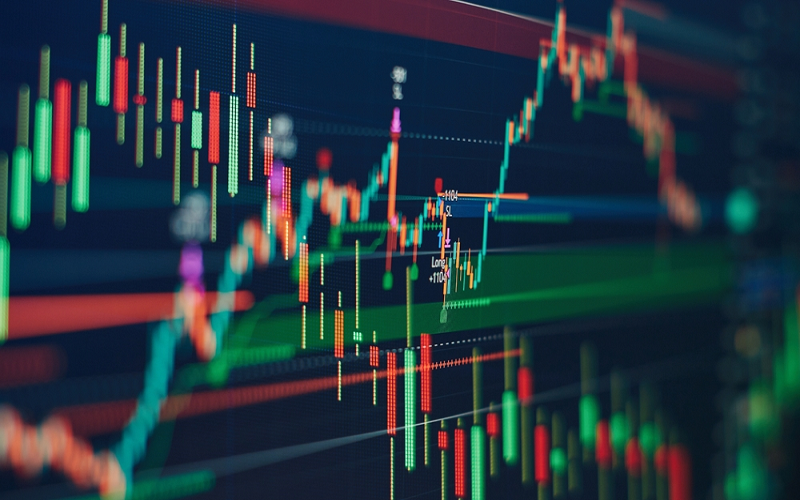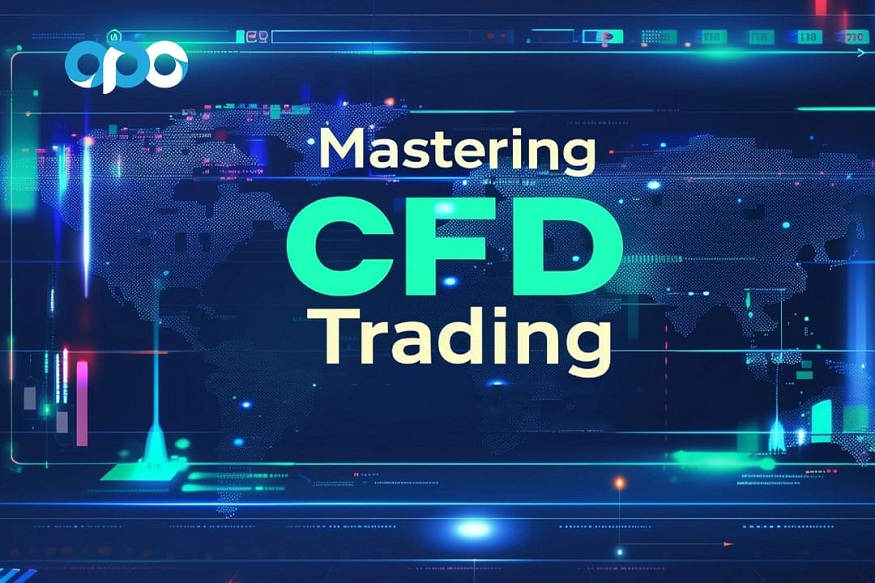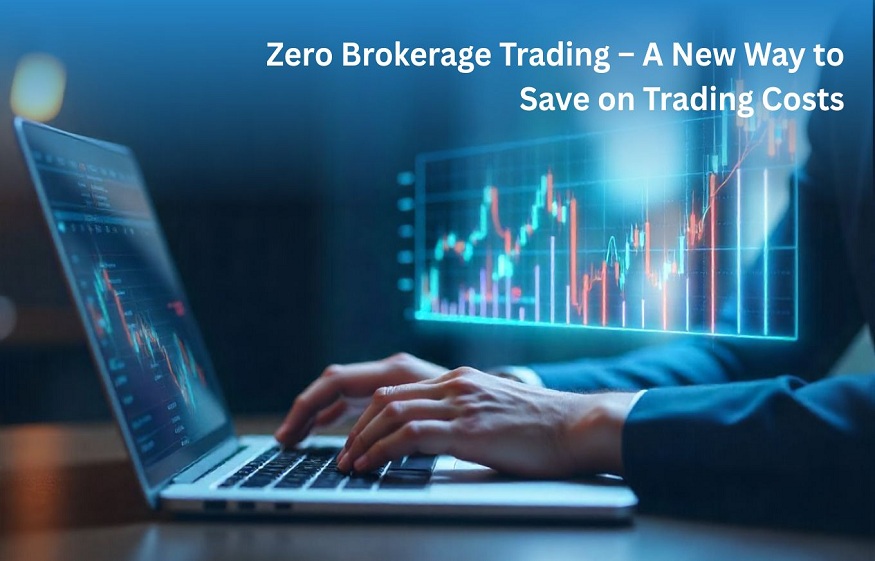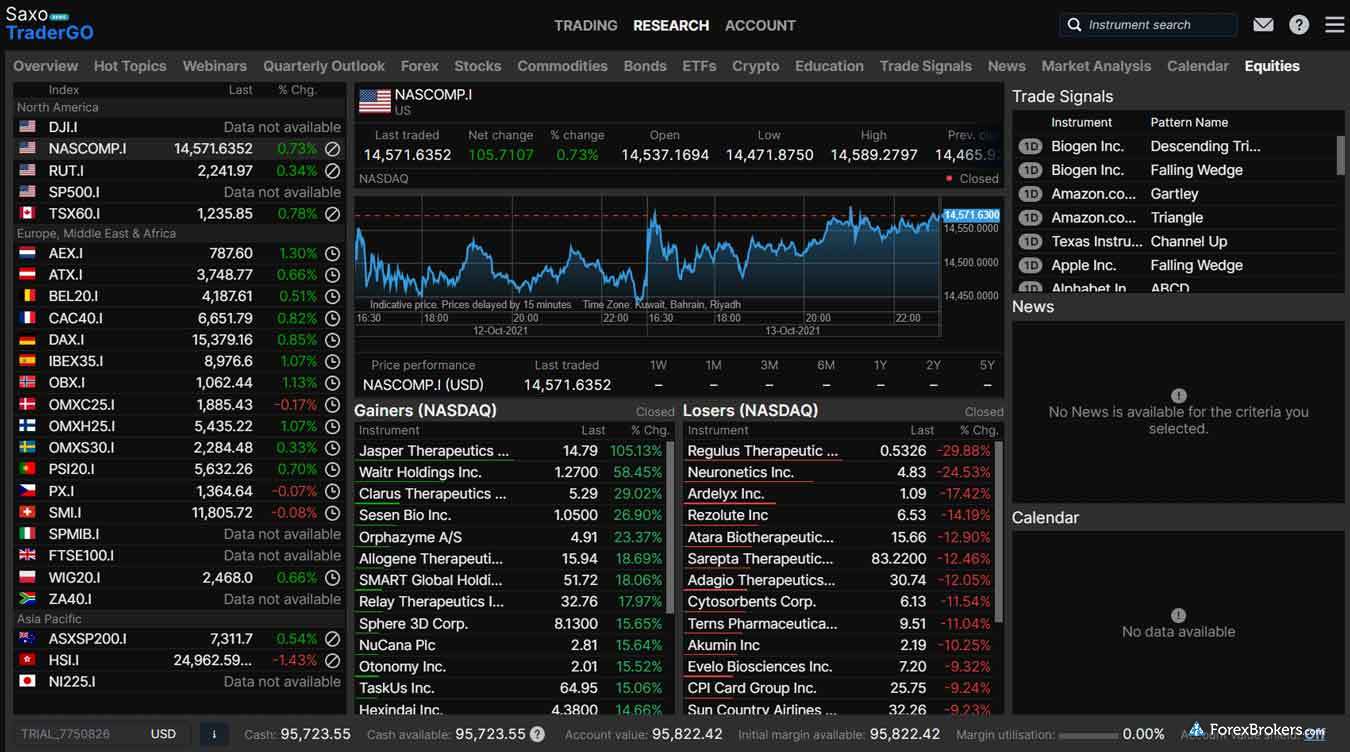Index futures are a crucial component of the Indian financial market, providing investors with opportunities to hedge, speculate, and gain exposure to the stock market. Understanding index futures, their functioning, and their role in futures and options trading can help investors make informed decisions. This article will delve into index futures in India, covering the key concepts and practical aspects, along with the importance of a demat account, and highlighting the role of popular trading platforms.
Understanding Index Futures
Index futures are derivative contracts based on a stock market index. In India, one of the most popular indices used for such futures contracts is the Nifty 50, which comprises the top 50 companies listed on the National Stock Exchange (NSE). An index future allows investors to buy or sell the index at a predetermined price on a specified future date. These contracts are standardized and traded on the exchange, making them accessible to a wide range of investors.
Role in Futures and Options Trading
Index futures are a vital part of futures and options trading in India. They offer several benefits:
- Hedging: Investors can hedge their portfolio against market volatility by taking an opposite position in index futures. For example, if an investor has a diversified equity portfolio and expects the market to decline, they can sell Nifty 50 futures to counterbalance potential losses.
- Speculation: Traders use index futures to speculate on the market’s direction. By predicting the movement of the Nifty 50, they can buy or sell futures contracts to profit from price changes.
- Arbitrage: Arbitrage opportunities arise when there’s a price discrepancy between the index and its futures contract. Traders can exploit this by simultaneously buying and selling the index and futures to lock in risk-free profits.
Importance of a Demat Account
To participate in index futures trading, having a demat account is essential. A demat account holds all your securities in electronic form, ensuring safe and convenient trading. It acts as a repository for your investments, enabling you to buy, sell, and hold futures contracts without the need for physical certificates. With the rise of online trading platforms, opening a demat account has become a straightforward process, often integrated with trading accounts for seamless transactions.
Nifty 50: The Benchmark Index
The Nifty 50 is the benchmark index for index futures in India. It represents the weighted average of the 50 largest and most liquid stocks on the NSE. The index covers various sectors of the economy, providing a comprehensive view of the market. Nifty 50 futures are widely traded, making them a preferred choice for investors and traders. Their liquidity and stability make them an effective tool for hedging, speculation, and arbitrage.
Futures Investment: Opportunities and Risks
Investing in index futures presents both opportunities and risks.
Opportunities:
- Leverage: Futures contracts enable investors to manage a substantial position with a relatively modest capital outlay. This leverage can amplify profits.
- Liquidity: Index futures, especially Nifty 50 futures, are highly liquid, ensuring that investors can enter and exit positions easily.
- Market Access: Futures contracts provide exposure to the broader market, enabling investors to participate in market movements without owning individual stocks.
Risks:
- Volatility: The high leverage in futures trading can also magnify losses, making it a high-risk investment.
- Complexity: Understanding futures contracts requires a deep knowledge of the market and its mechanics.
- Margin Calls: Traders need to keep a margin account and may encounter margin calls if the market moves unfavourably against their position, necessitating additional funds to sustain their position.
Popular Trading Platforms
Several trading platforms facilitate futures and options trading in India. Among them, mStock by Mirae Asset has gained popularity for its ease-of-use platform and competitive pricing. It offers a range of features tailored for both experienced and novice traders. However, it faces competition from other established platforms. Let’s have a look at them below –
- mStock by Mirae Asset: Known for its robust trading tools, educational resources, and competitive brokerage rates, mStock is a comprehensive platform for futures and options trading.
- Zerodha: As one of the largest and most popular trading platforms in India, Zerodha offers a seamless trading experience with advanced charting tools and low brokerage fees.
- Groww: Initially starting as a mutual fund investment platform, Groww has expanded into stock and futures trading, attracting a large user base with its intuitive design and educational content.
- Upstox: Known for its innovative features and low-cost trading, Upstox provides a range of services for futures and options traders, including real-time data and advanced analytics.
Conclusion
Index futures in India, particularly Nifty 50 futures, play a significant role in the financial markets. They offer investors and traders a versatile tool for hedging, arbitrage and speculation. Understanding the mechanics of futures and options trading, having a demat account, and choosing the right trading platform can enhance one’s trading experience and investment outcomes. As with any investment, it’s crucial to be aware of the risks and conduct thorough research before diving into futures investment.




